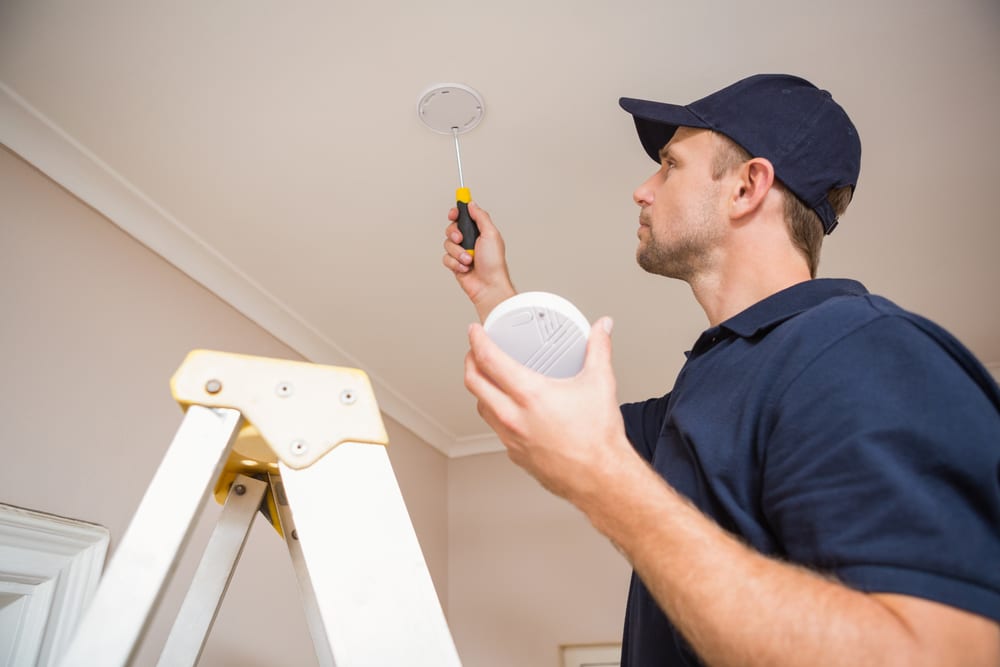Why Carbon Monoxide Detectors are Important
Are your carbon monoxide detectors beeping? Good! That means its working
CO detectors are an extremely important device to have in any home or living space. This is because carbon monoxide is undetectable to humans – it is tasteless, odorless, and invisible – and is highly toxic.
Carbon monoxide (CO) is produced as a by-product of combustion, and there are various systems in a home that can lead to this happening. CO detectors were made to alert homeowners of a leak and dangerous levels of CO in a home.
Why Are Carbon Monoxide Detectors Important?
Much like smoke detectors for fire safety – CO detectors are important to have in a home for the safety of the people who live there.
Since CO gas is undetectable, it can be infiltrating a home at dangerous levels & only be detected when the people inside fall ill.
There are a few household systems that produce carbon monoxide. This could be the reason your carbon monoxide detectors are beeping.
These include:
- Cars & any other type of automobile
- Gas laundry dryers
- Fireplaces
- Wood stoves
- Gas water heaters
- Charcoal grills
- Gas stoves
- Fuel fired furnaces (ones that are not electric)
Even if your home doesn’t have any of these systems, nearby homes might have them, and the gas can be dangerous if it is too concentrated.
Having Detectors in Your Home
Every home should have CO detectors on each floor. There should be a detector by each sleeping area/bedroom so that you’re able to hear the carbon monoxide detectors beeping and alert you while you’re asleep.
CO detectors should be placed higher up the wall for them to work the best, such as smoke alarms are, since gas rises.
In addition, carbon monoxide detectors should not be placed closer than 5 feet from gas appliances, as well as by the kitchen or bathrooms.
What To Do If Your Carbon Monoxide Detectors are Beeping
According to First Alert, “the alarm has different beep patterns to communicate whether there is an emergency or simply a need to replace. It is important to know the difference between the beeps.
- 4 beeps and a pause: This means that there is carbon monoxide in the air and you should seek fresh air immediately and call 9-1-1.
- 1 beep every minute: This means that the alarm has low batteries and you should replace them.
- 5 beeps every minute: This means your alarm has reached the end of its life and needs to be replaced with a new carbon monoxide alarm.”






